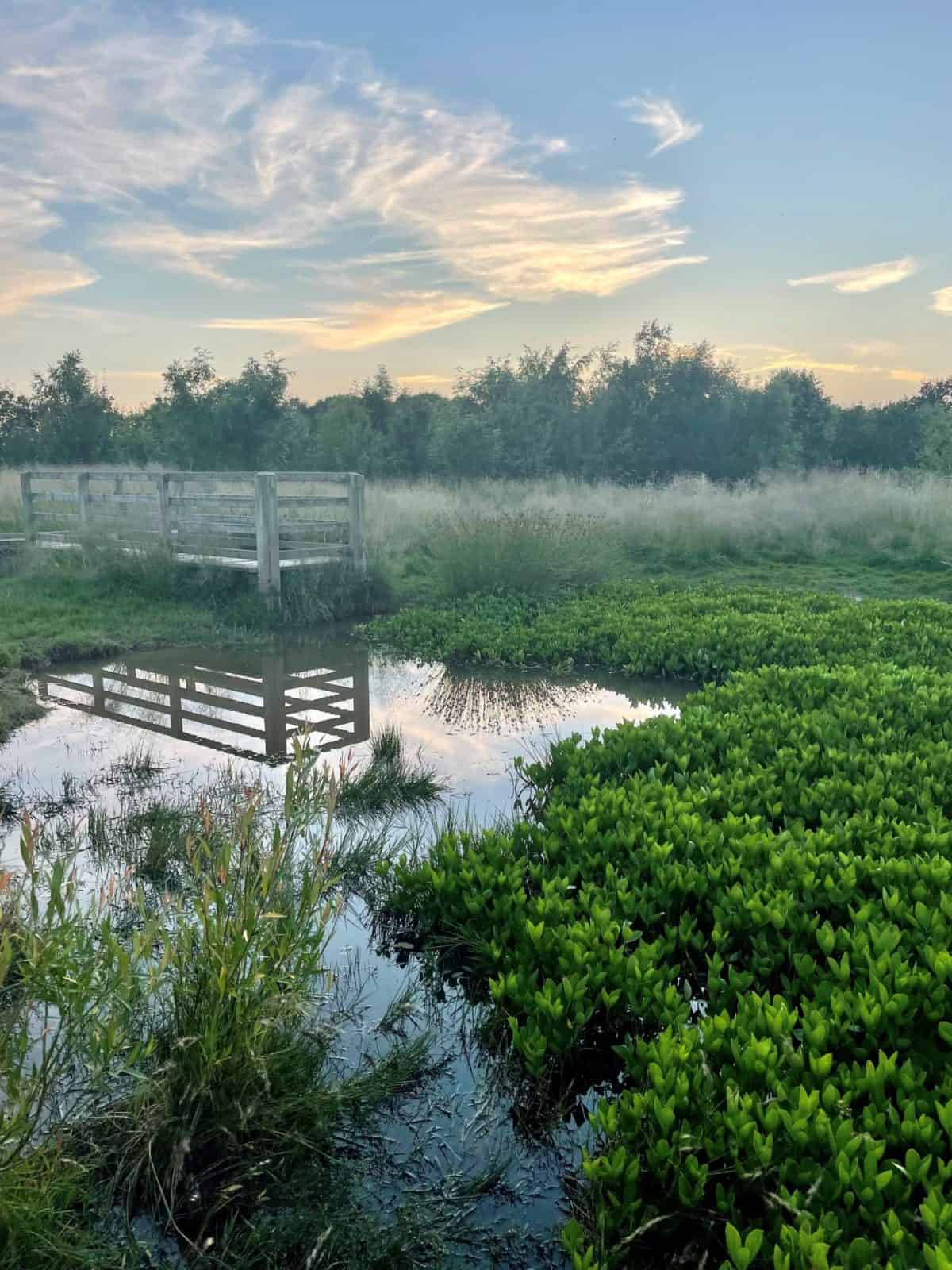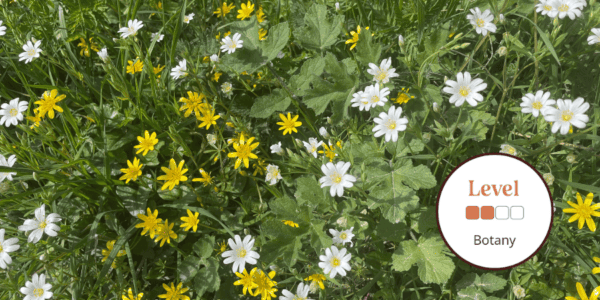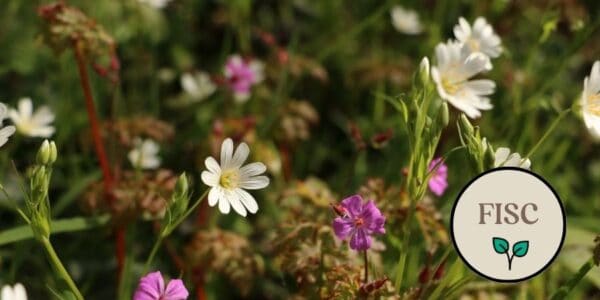This course will introduce you to the identification of aquatic plants, the key features for discrimination, and the importance of these species for ecology, conservation, and recording.
Your course will take place at the Preston Montford Centre which is nestled in the heart of Shropshire and surrounded by a rich range of aquatic habitats home to a wealth of species. You will take advantage of this by learning through a mixture of field trips, using keys to identify plants to family, genus and species, and laboratory/classroom sessions that will provide the opportunity to use microscopes and observe a wide variety of voucher specimens.
Aquatic plants can be one of our most challenging groups of plants within the British flora. They can vary enormously not only between different species but even within a species, due to plasticity, in part determined by the changing habitats and seasonal fluctuations in water levels and quality. Aquatic Plants occur in some of our most damaged and contaminated habitats within the British Isles. The threat from global warming, eutrophication, acidification and other pollutants need to be mitigated against, and accurate identification, recording and assessment is crucial to this. Assessing the impact aquatic plants have can be complex without a thorough understanding of the species and their individual and collective ecological niches, which this course will help you develop!
Tutor: Nick Law
Nick Law is an experienced field botanist currently employed as a Principal Ecologist with FPCR Environment and Design Ltd. Nick’s interests include vascular plants and bryophytes. He holds a Botanical Society of Britain and Ireland (BSBI) Level 6 Field Identification Skills Certificate (FISC) and is the British Bryological Society Regional Recorder for Warwickshire.
Example Timetable
Example Timetable
This timetable is subject to change but should give an outline of what to expect.
If you have booked accommodation and meals with the centre your bedroom will be ready from 3.00 pm onwards on the day of arrival and we ask that you vacate by 9.30 am on the morning of departure.
If numbers are sufficient a station pick up will be arranged at 5.30 pm from Shrewsbury Station.
Please arrive in time for the evening meal at 6.30 pm on Firiday
The course starts after dinner with a classroom session 7.30 pm - 9.00 pm
The course ends at 4.00 pm on the final day.
Time will be made available for eating packed lunches during the day
Friday
During the evening there will be a classroom introduction to the problems associated with identifying aquatic plants.
Saturday and Sunday
To involve a mixture of field trips and classroom based work during the day, and evening sessions either within the classroom or Preston Montford Centre grounds.
Monday
There will be a short field trip on Monday morning followed by a classroom-based test in the afternoon (optional for those not studying for university credits).
What's Included
What’s included?
- Classroom learning covering the theory of the subject
- Field excursions to apply new knowledge
- Expert tuition for which we are renowned
- Clear objectives and progression
- All meals provided
You can rest assured that the absolute best content from an expert in environmental education will be provided. In choosing this course, you will be joining thousands of people who learn with us each year.
For course bookings including full board accommodation, please note bathroom facilities maybe be shared.
Before You Attend
There will be a member of staff with first aid training and access to a first aid kit on site. If you have special medical or access requirements, please let us know as soon as possible so we can make any necessary adjustments.
What to Bring
- Stout walking shoes or boots (some wellingtons and waders are available on hire from the Centre).
- Warm, waterproof outdoor clothing.
- A hand lens – x20 if possible, but at least a x10.
- Sealable ‘ziplock’ plastic freezer bags.
- Materials for making a grapnel will be available for purchase during the weekend but if you prefer, please bring your own balloon egg whisk and nylon cord.
- Sandwich box and vacuum flask/drinks container.
Recommended Reading
- Rich, T.C.G. and Jermy, A.C. (1998) The Plant Crib. BSBI (Free download)
- Haslam, S., Sinker, C.A. and Wolseley, P. (1971) Water Plants. Field Studies Council (AIDGAP)
- Jermy, A.C. Simpson, D.A., Foley, M.J.Y. and Porter, M.S. (2008) Sedges of the British Isles. 3rd ed. BSBI
- Hubbard, C.E. (1981) Grasses. Penguin
- Moore, J.A. (2014) Charophytes of Great Britain and Ireland. BSBI
- Orton, Bebbington, A. & Bebbington, J. (2018) Guide to Commoner Water Plants. FSC
- Preston, C.D. and Croft, J.M. (2014) Aquatic Plants of Britain and Ireland. Harley.
- Rose, F. and O’Reilly , C. (2006) The Flower Key. Warne
- Stace, C.A. (2010) New Flora of the British Isles. 3rd ed. CUP
- Stace, C.A.; Preston, C.D. and Pearman, D.A. (2015) Hybrid Flora of the British Isles. BSBI
Sorry this course booking is closed



